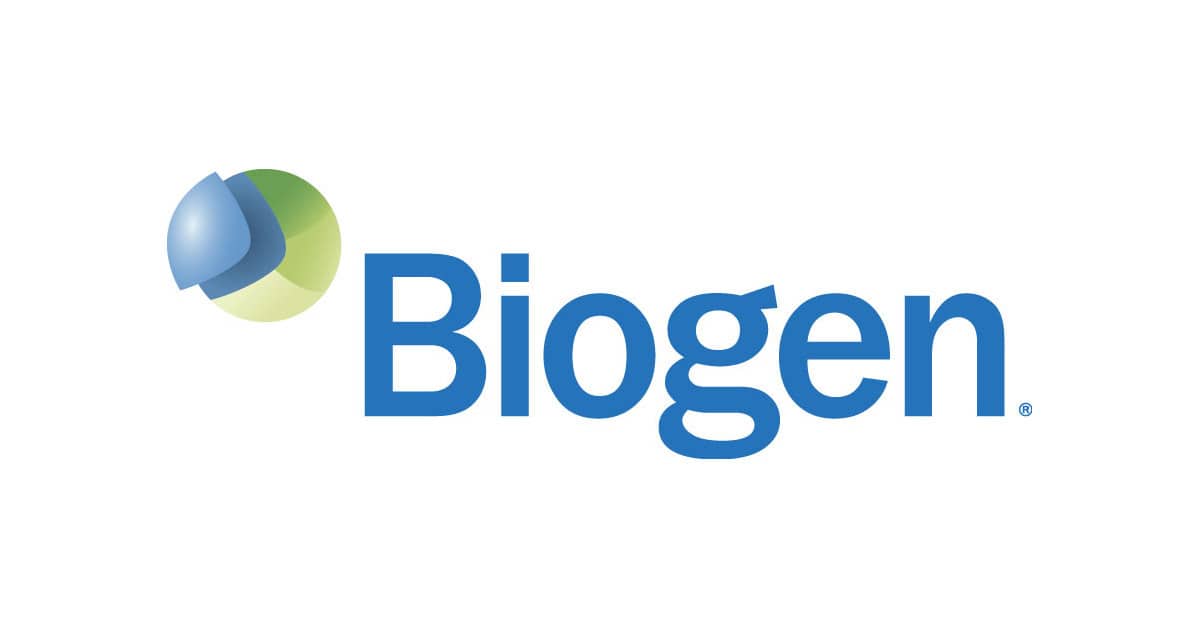
As the FDA continues its review of Biogen’s follow-up to multiple sclerosis blockbuster Tecfidera, the company has reported new data making a case for the drug as better-tolerated alternative.
Alkermes-partnered diroximel fumarate (formerly BIIB098) – which has the proposed trade name Vumerity – is due for an FDA verdict before the end of the year, mere months before Biogen is due to hear the outcome of a patent challenge on Tecfidera (dimethyl fumarate) in the US from Mylan.
If Biogen loses, that could expose three quarters of the drug’s $4.3bn global sales to earlier-than-expected generic competition, although the company insists it has patent protection until 2028.
Diroximel fumarate is Biogen’s bid to shore up its MS franchise, its biggest earner, and has become even more important since the company’s Alzheimer’s candidate aducanumab was abandoned after disappointing phase 3 results. Moreover, the firm’s new growth product Spinraza (nusinersen) for spinal muscular atrophy (SMA) now has competition from Novartis’ just-approved gene therapy Zolgensma.
The new data from the EVOLVE-MS-1 in around 1,000 subjects with the relapsing-remitting form of MS shows that the drug achieved a 72% reduction in the annualised relapse rate at 48 weeks
The patients – who were either newly-diagnosed cases or had previously been switched from injectable beta interferon drugs or Teva’s Copaxone (glatiramer acetate) – also saw the mean number of gadolinium-enhancing lesions in the brain reduced by 64% with diroximel fumarate compared to baseline. The percentage of patients with no Gd+ lesions at week 48 was 89% compared to 74% at the start of the trial.
The efficacy data aside, for Biogen the emphasis is on the safety data with diroximel fumarate as it attempts to position it as a more patient-friendly alternative to Tecfidera, and so encourage patients to switch to the new drug if approved as well as targeting new cases.
There was a very low rate of treatment discontinuations (0.7%) due to side effects, but around a third (30.9%) of patients reported gastrointestinal (GI) side effects, which are known to be a problem with Tecfidera.
Biogen insists however these were “generally mild or moderate in severity, typically appeared within the first month of treatment and tended to resolve quickly in the vast majority (89%) of patients.”
Whether that is enough to encourage payers to cover diroximel fumarate once cheaper generic Tecfidera products are available remains to be seen.
To build its case, Biogen is also enrolling patients a head-to-head tolerability study of the new drug versus Tecfidera, called EVOLVE-MS-2, with data due in the next few months.




